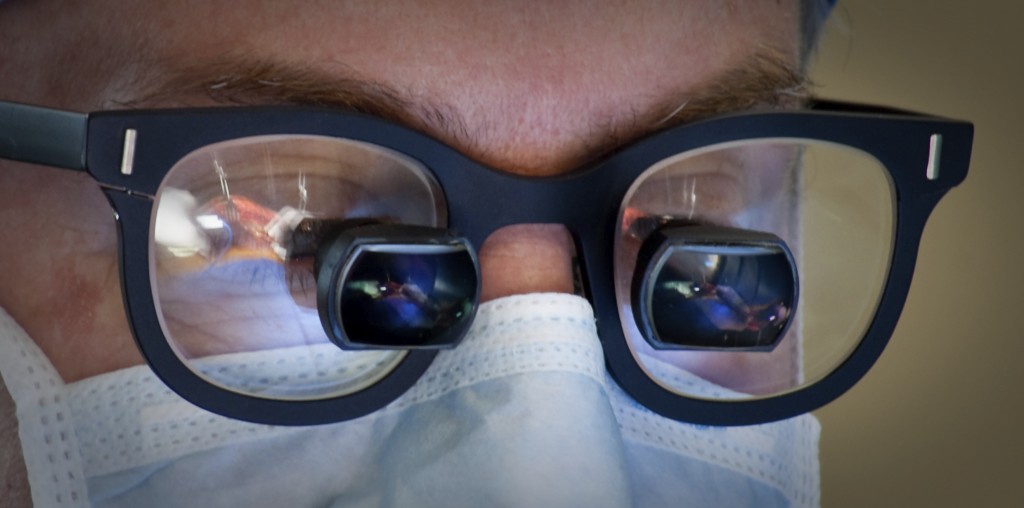I have asked many dentists WHY they chose dentistry and the answer that keeps surfacing has to do with autonomy, high income, no evenings and no week-end, and… the respect that comes (or used to come) with being a health professional. The few who answer differently, the ones who talk about more than the socio-economic advantages of being a dentist, are great leaders who inspire others. The irony about the first group is that many feel that they have learned EVERYTHING they need to know in dental school and are the ones who insist on the fact that they offer GREAT service, EXCELLENT VALUE and are most worthy of TRUST.
Yes we do learn a lot in dental school. We learn anatomy and physiology, drug interactions, materials and techniques; the intricate and difficult art of drilling and filling teeth. But we learn very little about management, team building or leadership.
My stepson is a pilot. His training was highly technical and disciplined. Leadership and management were an integral part of this training. Team work was woven in the fabric of his life. His regular training sessions (the equivalent of our continuing education) include all aspects mentioned above. As a result, his approach to work also includes all of these aspects… because he knows that so many lives depend on him.
I can’t see why the training of young dentists could not be approached the same way. And I certainly don’t understand WHY, in the offerings of Continuing Education at large and small dental conventions across USA and Canada there is so little focus on leadership and ethics.
Yes, like Atul Gawande, surgeon by day and health journalist by night, states so eloquently about surgeons in operating rooms, dentistry too needs checklists.
As for the healing part, I am interested in generating conversations that will drive self-reinforcing change in a more profound way than checklists. I want to host conversations that will lead to self-trigggering networks and shift personal values. I believe that it is from engaging in meaningful conversation that thoughts and actions are transformed as well as our relationships with others, whether they are team members or our patients.
